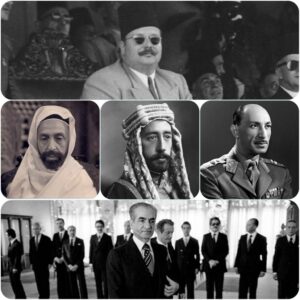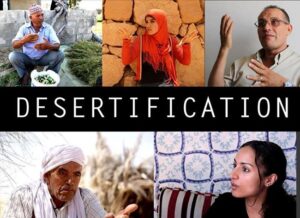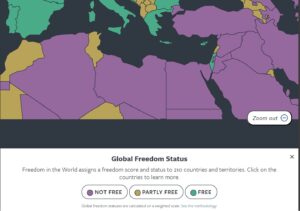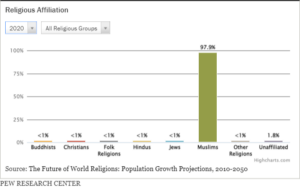After reflecting on this semester, I have found that the most important tools for studying authoritarianism and change in MENA was through identifying the countries’ regime type, political economy type, and historical factors.
In regard to political economy type/resource endowment group, I especially found it helpful to classify countries by Resource Rich Labor Poor, Resource Rich Labor Abundant, Resource Poor Labor Abundant, and OECD, whereby we can connect population and labor to resources, oil wealth, and oil rents. Simultaneously, it is helpful to categorize the countries by their political regime (authoritarian republics, Islamic republics, monarchies, transition countries, and ‘would-be and quasi democracies’). Demonstrated in Cammett, Diwan, Richards, and Waterbury’s Table 3.1 on page 75, creating a chart between the resource endowment group and the regime type allows political scientists to look at how countries have evolved since independence as well as to identify major patterns between countries geographically, economically, culturally, politically, and historically.
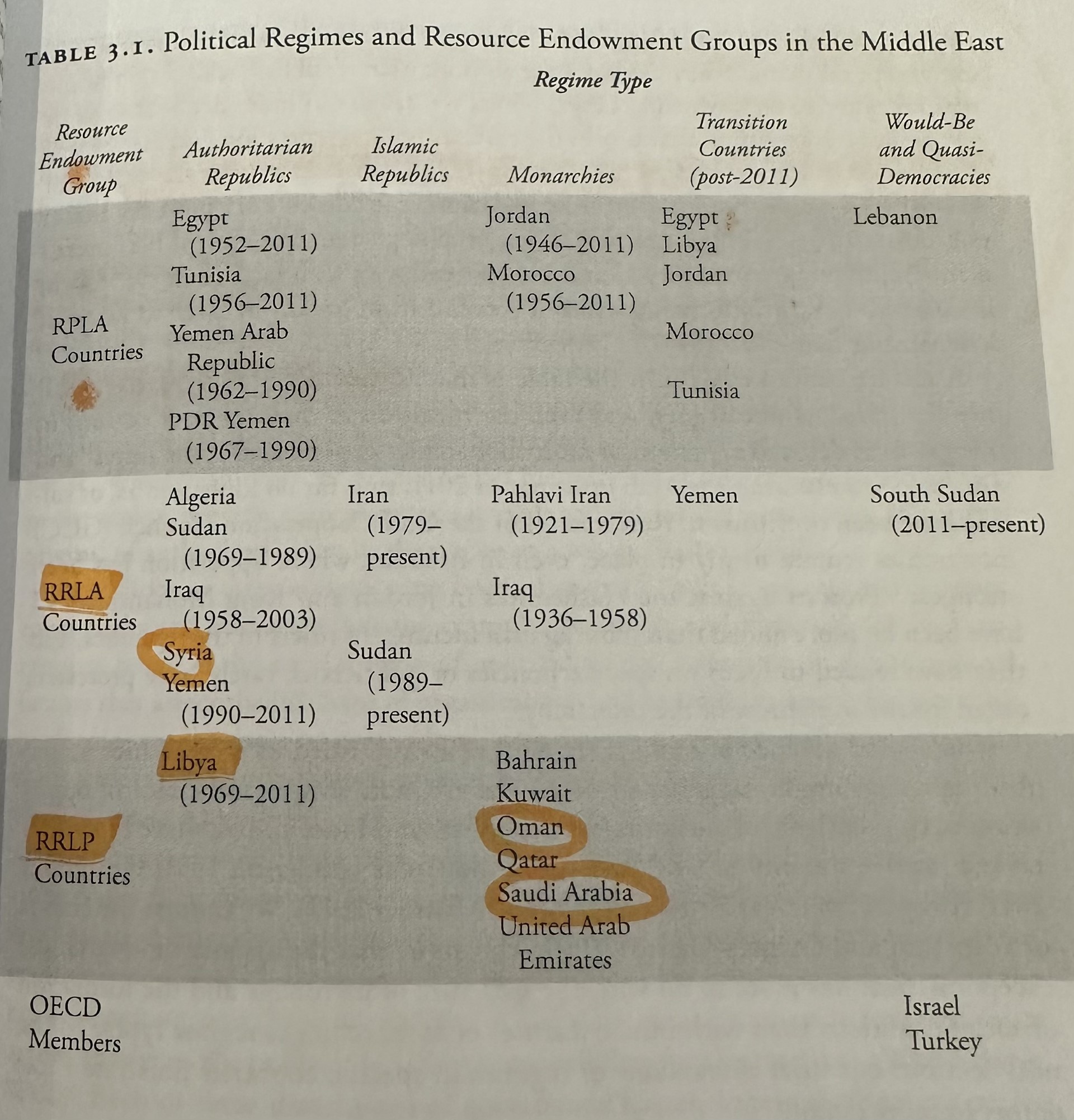
Source: (Cammett, Diwan, Richards and Waterbury 2017, 75)
Similarly, political scientists can better analyze countries’ political regimes by further characterizing the states into military regimes, single-party, and multi-party regimes. For the military-industrial complexes, one can identify countries based on the maximum to minimum engagement of the military in politics. Likewise, for single party and multi-party regimes, there is also a range of countries who fall in-between the characterizations; for example, Syria which technically allows multi-party parliament in create a facade of multi-partyism (Class lecture 11/2).
In regard to historical factors, political scientists can also look at the MENA countries’ history of colonization; specifically, how the legacies of Ottoman and European rule have shaped governments, economies, and societies in the newly independent countries (Cammett et al. 95).
I also learned different aspects of countries based on the type of source. For example, from a detailed single case study like Wedeen’s book on Syria, one can analyze more in-depth the iconography of the ruler/ruling family and role of the military in the state, as well as how the iconography is used in regard to regime propaganda and protection. Whereas, region-spanning, thematic studies like Cammett, Diwan, Richards, and Waterbury, allow political scientists to trace patterns within countries and across the region. Specifically, Cammett, Diwan, Richards, and Waterbury’s study analyzes each country’s and compares and contrasts countries’ economic performance, political regime, human capital, conflicts, etc.
Overall, this class has drastically improved by knowledge of the region and how I would characterize and identify countries within the region.
Works Cited:
Cammett, Melani Claire, Ishac Diwan, Alan Richards, and John Waterbury. 2019. A Political Economy of the Middle East. London: Routledge.

